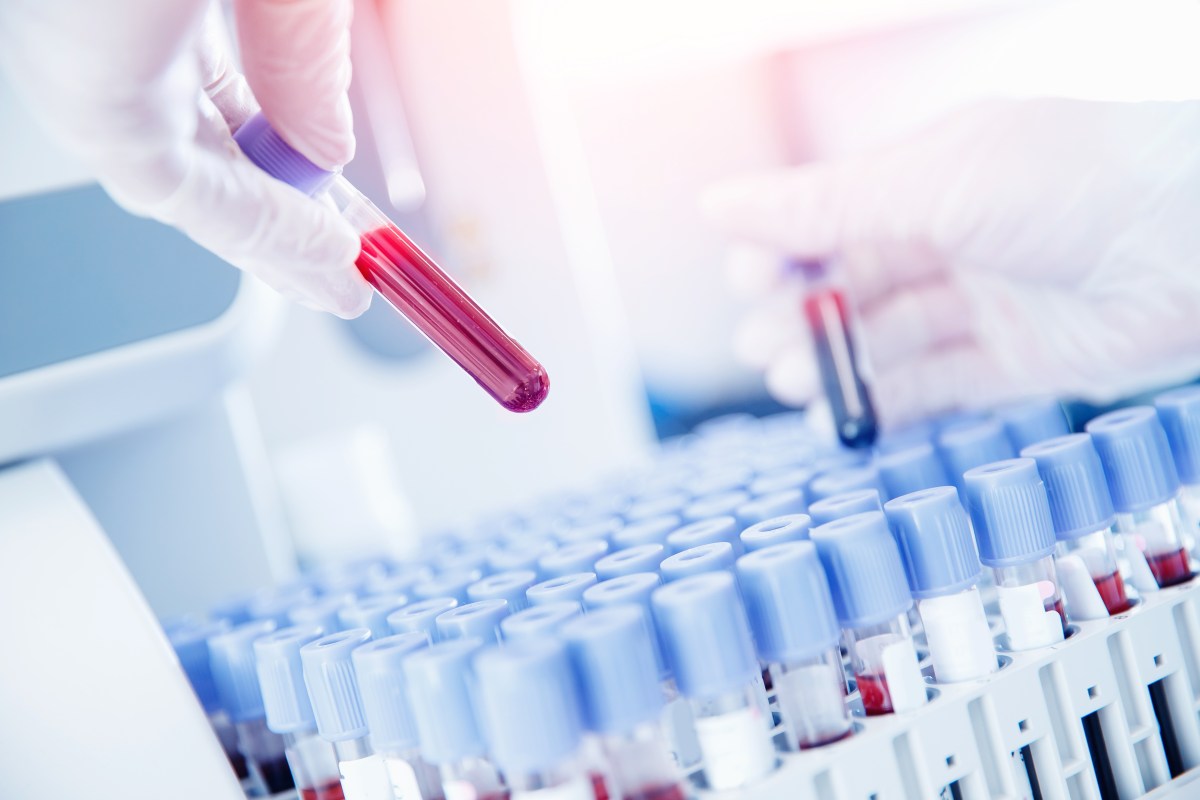Proteomics International Laboratories, an ASX-listed pioneering medical technology company that trades under the code PIQ, is targeting medical conditions with significant unmet medical need and making real impact in the quality of lives.
At the forefront of predictive diagnostics and bio-analytical services, the company — as its name suggests — specialises in the area of proteomics which is the industrial scale study of the structure and function of proteins.
This week I spoke to Proteomics Managing Director Dr Richard Lipscombe who shared with me the good work that it is doing in the space.
To date, Proteomics has made most progress with diabetic kidney disease, a test for which is already on market in the US ahead of its formal launch, expected early next year.
However, the broader objective of the company is applying its sophisticated technology to answer questions that haven’t really been looked at properly. That includes endometriosis, a disease that has long been under recognised, as well as oesophageal cancer.
Richard explained that “In all cases we’re trying to develop a simple blood test that can improve the detection of the disease.”
Diabetic kidney disease
Diabetic kidney disease is a major disease with an estimated 32 million people affected in the USA, that’s around 11% of the US population.
This test has the potential to be revolutionary as it can predict who’s going to develop the disease before clinical symptoms emerge. The opportunity would be to test every diabetes patient to see whether they are in this at risk category.
In late September, the US Centers for Medicare and Medicaid Services (CMS) set a national reimbursement price for the company’s PromarkerD predictive test for diabetic kidney disease.
This marked a major commercial milestone with the “affordable” price of US$390 assigned to the test which will be delivered through Sonic Healthcare USA, after the company signed an exclusive licence agreement with Sonic earlier this year.
Importantly, the Medicare reimbursement makes the test much more accessible to the patients who need it.
CMS is the single largest payer for health care in the United States, with Medicare and Medicaid collectively responsible for more than 40% of healthcare spending and providing health coverage to more than 100 million Americans. The reimbursement pricing will be available to at risk populations — those over 65 and those on lower incomes covered by Medicare or Medicaid.
Endometriosis
Endometriosis is the next large focus for the company as there is huge unmet need for treatment. An underrecognised disease for so long, endometriosis is only now starting to gain greater awareness.
A painful but common disease affecting 1-in-9 women and girls, endometriosis is currently diagnosed by way of a laparoscopy operation. This requires a surgeon to observe a lesion within the abdomen they suspect is endometriosis, which is not absolute.
However, Proteomics is working on a simple blood test to measure the concentration of biomarkers in the blood that are associated with endometriosis, providing early screening to rule in or rule out the need for invasive surgery in women presenting with symptoms.
The company has some biomarkers that form a basis for a test for identifying patients with endometriosis, and envisions its becoming a test in the same way PromarkerD is for diabetic kidney disease.
Given the large number of women and girls affected by endometriosis it presents a huge market opportunity.
The company’s success in commercialising PromarkerD for diabetic kidney disease provides an excellent foundation for bringing the endometriosis test through faster. PromarkerD’s broad adoption and its entrance to the US market was pivotal and validates the platform for bringing other tests through including endometriosis.
Oesophageal cancer
Another blood test being advanced is Promarkereso that identifies patients with oesophageal adenocarcinoma and patients with a pre-malignant condition called Barrett’s oesophagus that can arise from chronic acid reflux.
The hope is that offering a simple blood test will allow for much earlier detection of oesophageal cancer and for the ongoing monitoring of pre-cancerous tissue.
Results of a prototype test showed strong discrimination at the early and late stages of the disease, correctly identifying 89% of patients with oesophageal cancer and 9% of patients without the disease.
Those findings were recently presented at Canada’s annual ISDE World Congress for Esophageal Diseases.
Richard confirmed that good progress has been made with the oesophageal cancer and endometriosis tests, while the company looks forward to the formal US launch of the diabetic kidney disease test in the beginning of next year.

